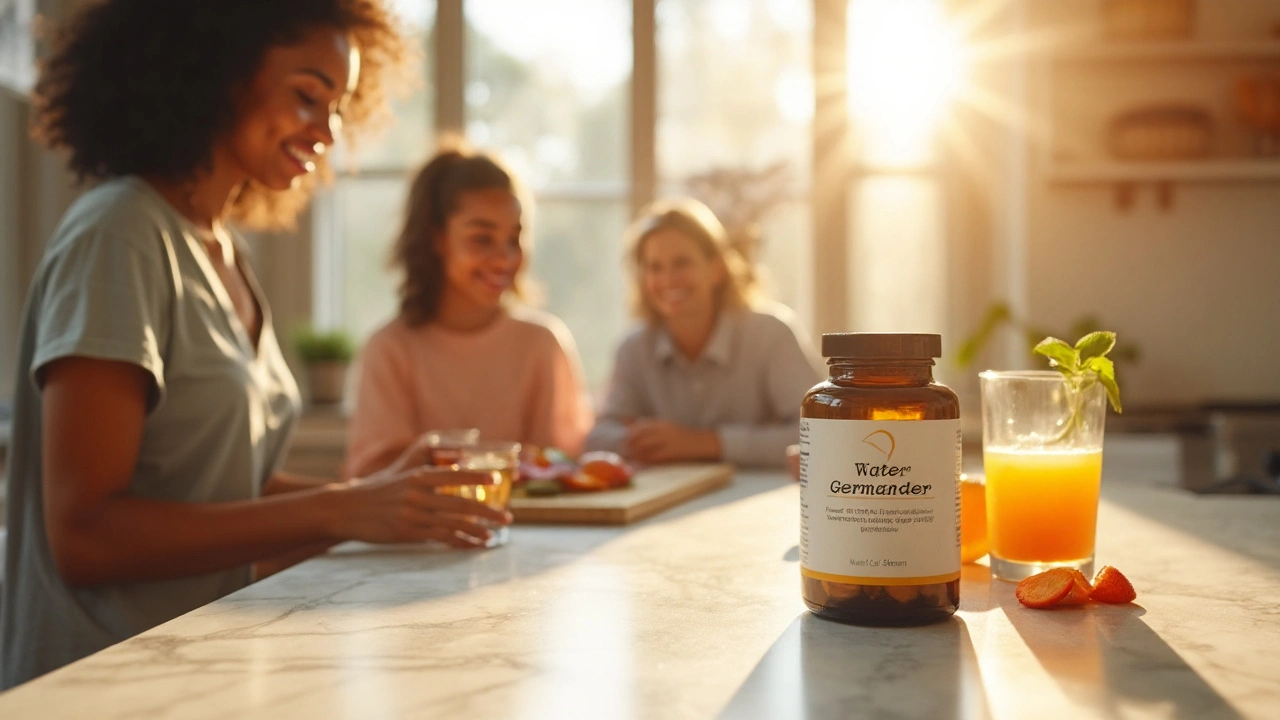Natural Anti-Inflammatory Remedies You Can Use Today
Ever wonder why a simple piece of fruit can make sore joints feel better? The answer lies in compounds that calm the body’s inflammatory response. Below you’ll find everyday foods, herbs, and easy‑to‑follow habits that lower inflammation without a prescription.
Everyday Anti‑Inflammatory Foods
First up, the kitchen. Certain foods are packed with antioxidants and omega‑3 fats that directly target the pathways that cause swelling. Here are the top picks:
Fatty fish – salmon, mackerel, and sardines contain EPA and DHA, two omega‑3s that have been shown to reduce joint pain and stiffness. Aim for two servings a week.
Berries – blueberries, strawberries, and raspberries are rich in anthocyanins, natural pigments that act like tiny anti‑inflammatory pills. Toss a handful into your morning yogurt.
Leafy greens – kale, spinach, and Swiss chard bring a dose of vitamin K and polyphenols that keep the immune system from over‑reacting.
Nuts & seeds – walnuts, almonds, chia, and flaxseed contain both omega‑3s and magnesium, a mineral that helps relax blood vessels and reduce swelling.
Adding these foods doesn’t mean you have to overhaul your diet. Swap one processed snack for a handful of nuts, or replace a beef dinner with a fish fillet a couple of times a month. Small changes add up quickly.
Herbs and Supplements that Calm Inflammation
If you prefer a more targeted approach, several herbs have strong anti‑inflammatory properties. Most are available as teas, tinctures, or capsules.
Turmeric – the bright orange root owes its power to curcumin. Pair it with a pinch of black pepper to boost absorption, and you’ll have a natural pain reliever that works for everything from arthritis to digestive upset.
Ginger – fresh ginger can be sliced into a tea or added to stir‑fries. It blocks the same enzymes that many NSAIDs target, but without the stomach irritation.
Boswellia – also called Indian frankincense, this resin has been used for centuries to treat joint pain. A daily capsule of 300‑500 mg can ease stiffness in chronic conditions.
Omega‑3 supplements – if you don’t eat fish regularly, a high‑quality fish oil capsule (1,000 mg EPA/DHA) can fill the gap. Look for products that are third‑party tested for purity.
When trying any supplement, start with the lowest dose and see how your body reacts. Most people notice a difference within a few weeks, especially when combined with anti‑inflammatory foods.
Finally, lifestyle tweaks matter just as much as what you put on your plate. Regular movement—whether it’s a brisk walk, yoga, or light resistance training—keeps blood flowing and prevents the buildup of inflammatory chemicals. Manage stress with deep‑breathing or short meditation sessions; chronic stress fuels inflammation like a hidden thermostat.
By mixing a few smart food choices, a couple of herb‑based supplements, and simple habit changes, you can dramatically lower everyday inflammation. No prescription, no expensive clinic visits—just practical steps you can start right now.
